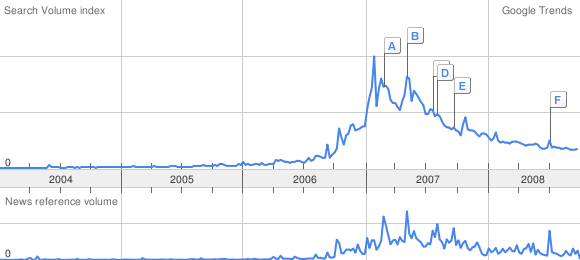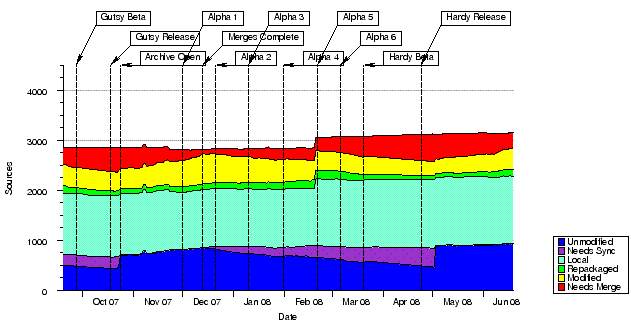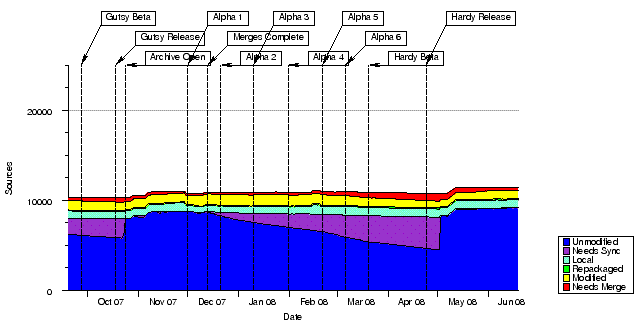In France, we only have 3 mobile network operators: Orange, SFR, and Bouygues Telecom. They usually discuss their rates together to make sure that one of them doesn’t break the market by creating too interesting rates (that’s why it would be so cool if Free.fr could get a 3G license, and why the governement can tell them “do what we want, or we will give Free a 3G license” – source).
I’ve long been interested in using my mobile phone with my laptop to access the Internet. With the 3 operators, you can get a contract for a 3G USB key, but that’s not really interesting: it’s expensive, and there’s a limit on volume of data, so you have to monitor your bandwidth. Also, I only need to use my mobile phone as modem a few times a month. So I’m not really interested in paying an expensive monthly fee for that.
What do french MNOs offer?
Most of them have rather interesting offers when you want to get unlimited internet access from your mobile, but that doesn’t cover the case of using your phone as a modem, to access the internet on another device (e.g laptop). I’m not sure how they can see the difference, but apparently they do. (It seems that there are hacks making use of those unlimited rates, using your phone as a router between the Wifi network (but your phone has to support Wifi) and the 3G network, using apps like WMWiFiRouter. Another hack is to use the same HTTP proxy on the laptop than on the phone, which seems to give unlimited HTTP access.)
But offers for using your phone as a modem are clearly less interesting (probably because they want to push their USB 3G cards offers):
Bouygues:
Apparently, you are billed only based on the volume (see page 46 of this document), with a progressive rate. 5 MB/month costs 9 EUR, 100 MB costs 20 EUR, and over 100 MB, you pay 1 EUR/MB (!).
SFR:
See page 40-41 of this document. You pay 0.50 EUR for a 30 minutes session, with 2 MB of data included. After those 2 MB of data, you pay 1 EUR/MB.
Those rates are really crazy. Using a mobile phone on an HSDPA network (called “3G+” in France), you can easily reach 1 Mbps. (and I did see this rate while fetching files using rsync, so I was not particularly aiming at performance!). 1 Mbps translates to 7.5 EUR/min using the 1 EUR/MB rate. Or 12.5 cts/sec!!!
Surprisingly, Orange (ex-France Telecom), which is usually not the most innovative MNO and ISP in France, saves us. With Orange, you pay 0.5 EUR for a 20 mins session, with unlimited volume (sessions called “session multimédia” by Orange). I was so surprised that I called the assistance to check. And after trying it yesterday, I was a bit anxious when checking my online bill this morning. But it works!
Important note before you try (from Orange website):
La session multimédia est une tarification valable pour les clients forfaits mobile Orange (hors forfaits Orange pour iPhone, Mobicarte et cartes prépayées). Pour les clients Classique, Intense, Pro, Click le forfait et Initial dont la souscription ou le réengagment est antérieur au 14 juin 2007, pour les clients forfaits bloqués dont la souscription ou le réengagement est antérieur au 16 août 2007 et pour les clients bénéficiant d’une offre blackberry, l’accord exprès de l’abonné à bénéficier de la session multimédia est nécessaire. Les autres clients bénéficient de la tarification au volume.



